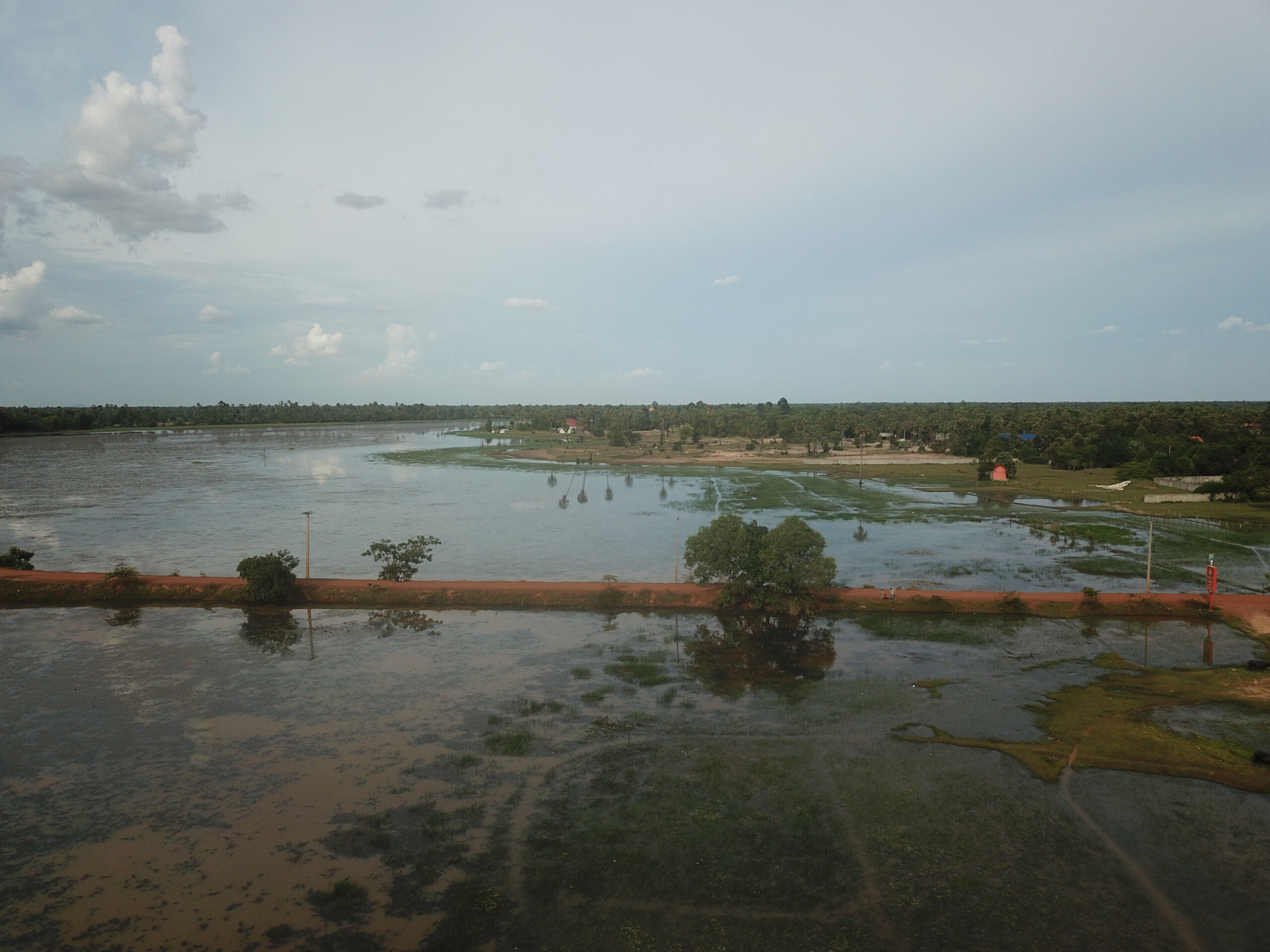Cambodia news
Climate change news
News
Videos
Restoring Nature for Livelihoods and Climate Resilience in Cambodia
Adaptation news
Cambodia news
News
Restoration of forests and agricultural landscapes in Cambodia
Adaptation news
Blog
Cambodia news
News
Philippines News
Monitoring and community awareness in Cambodia and the Philippines
Cambodia news
News
Southeast Asia
Ministries and technical experts gather to discuss application of NbS in the water sector
Cambodia news
Climate change news
News
Southeast Asia
Forest and Agricultural Landscape Restoration in Cambodia and the Philippines
Cambodia news
News
Water news





